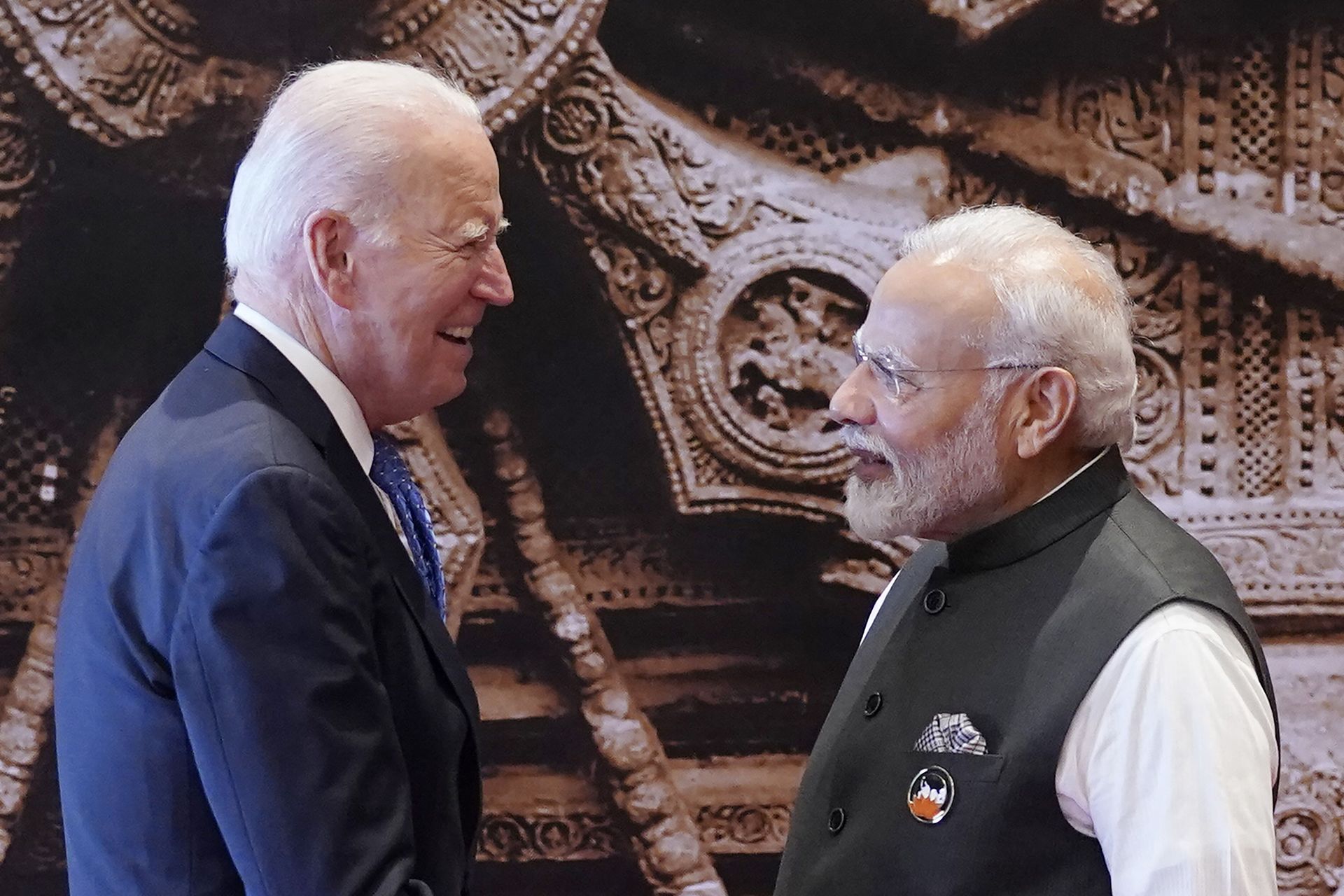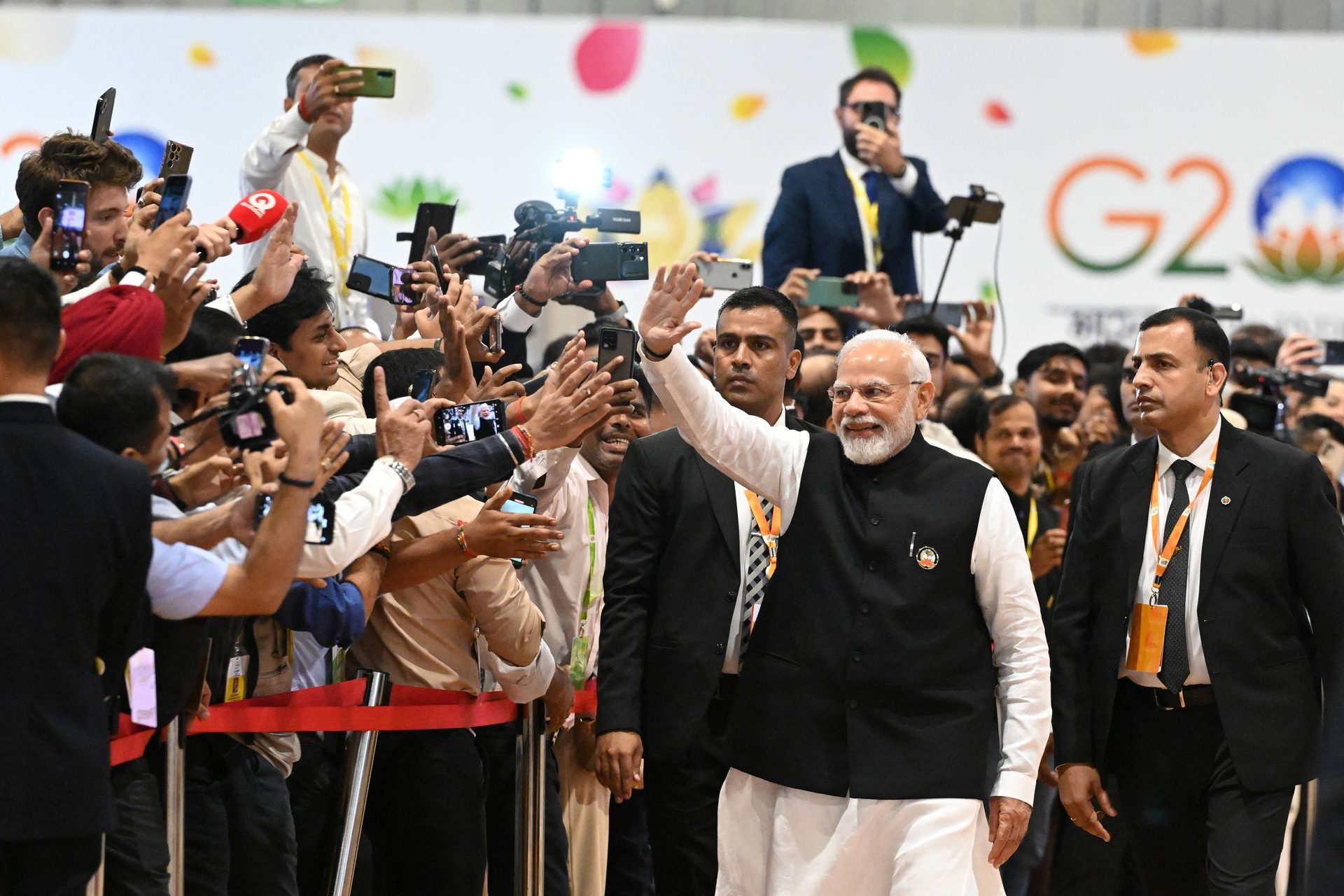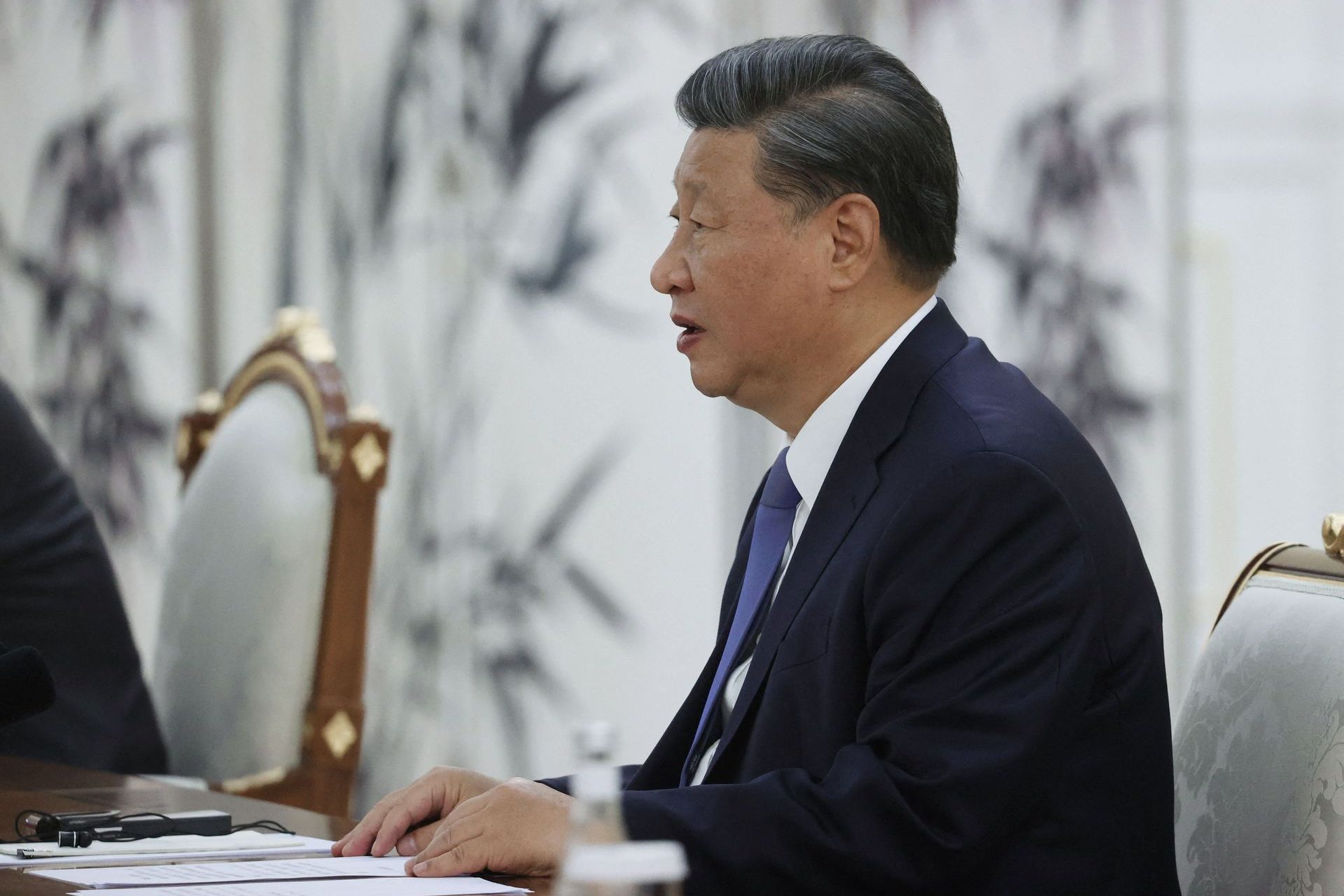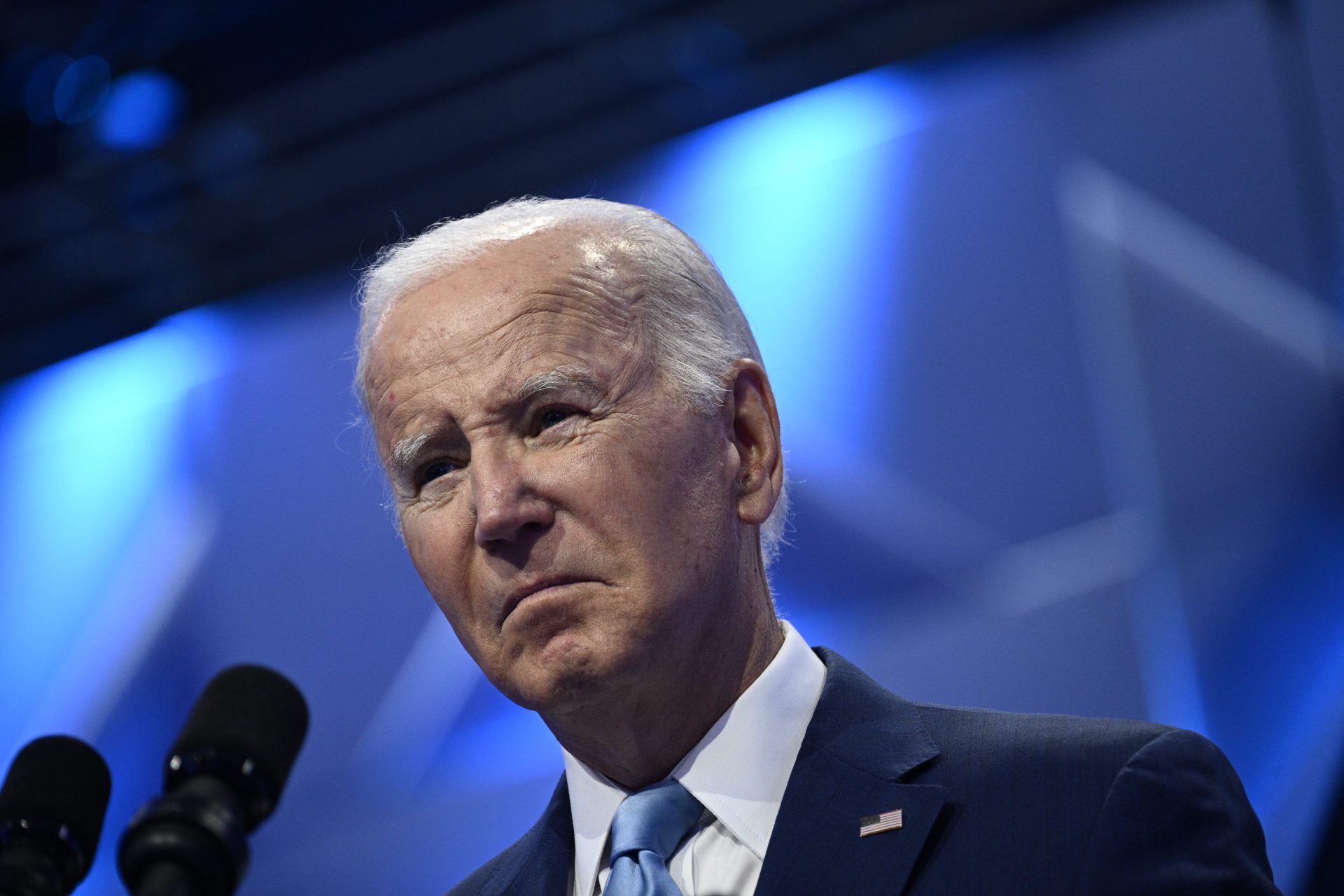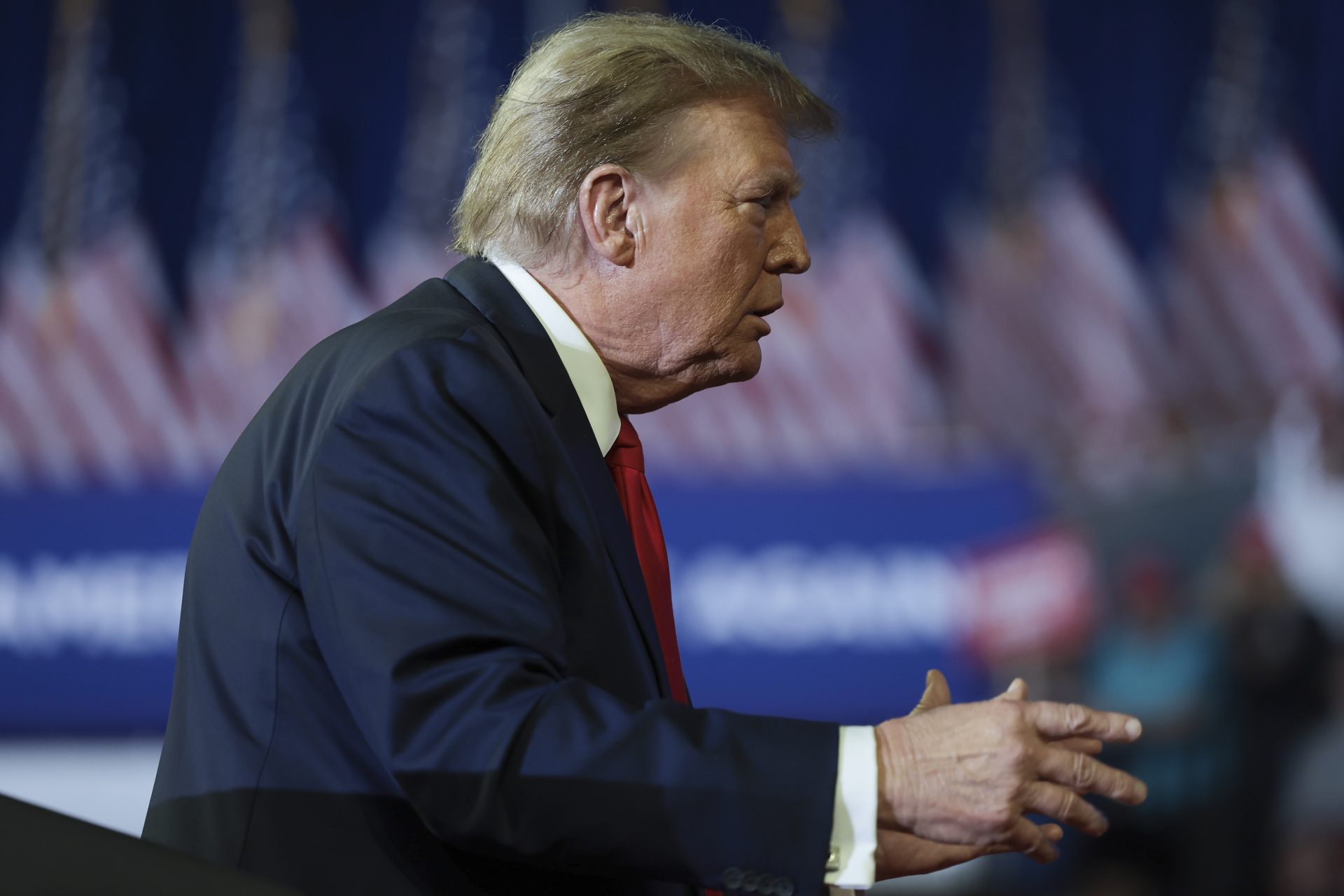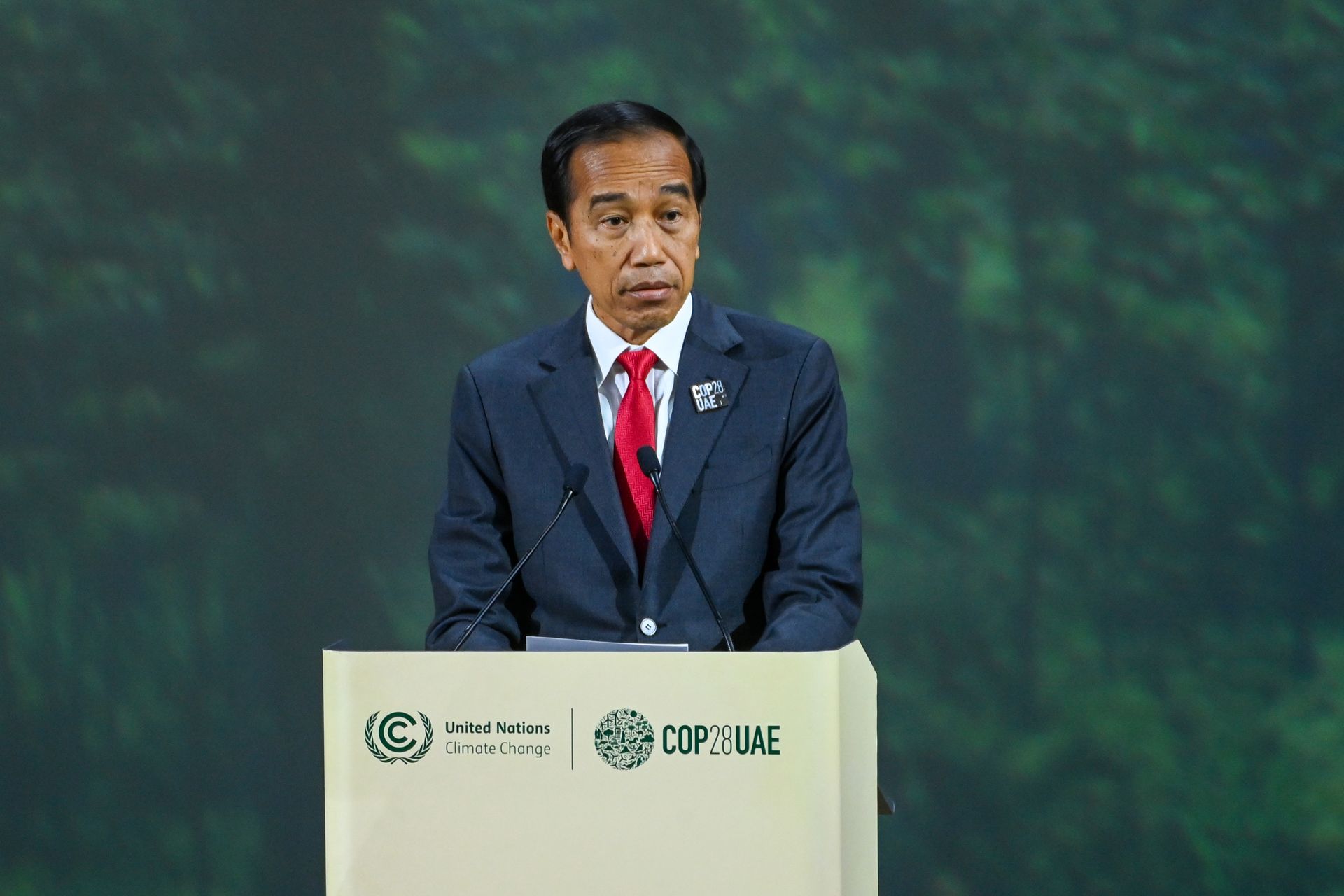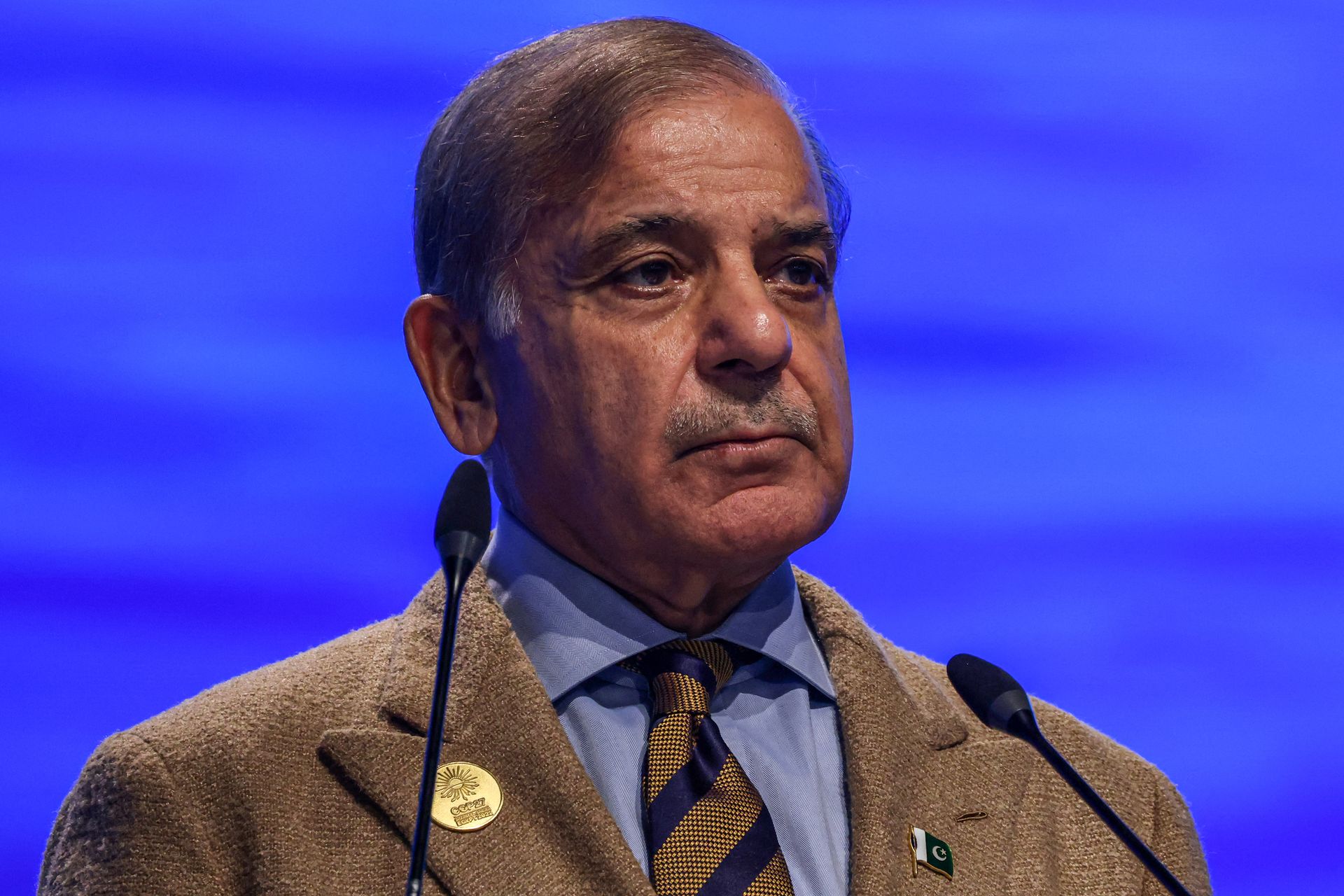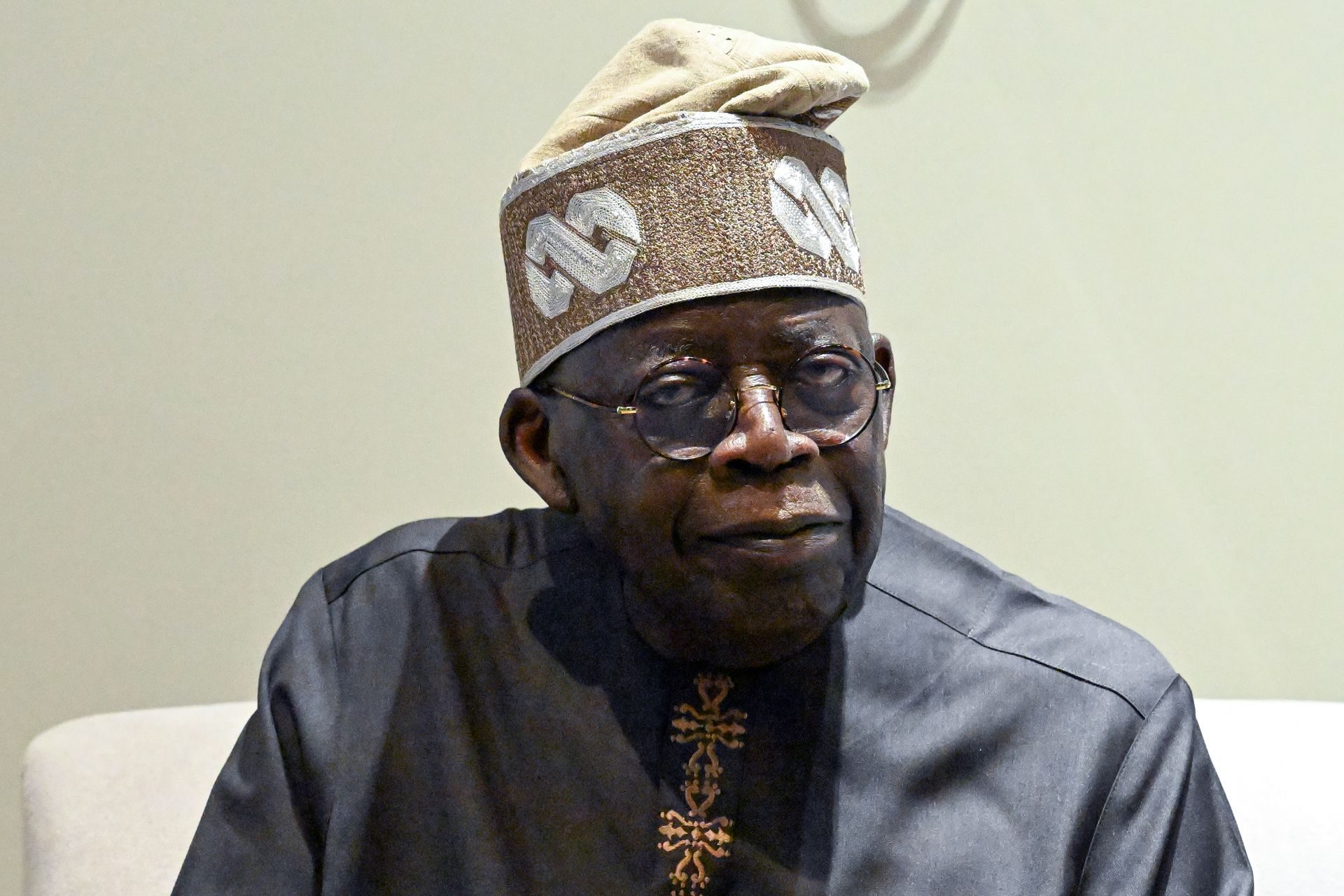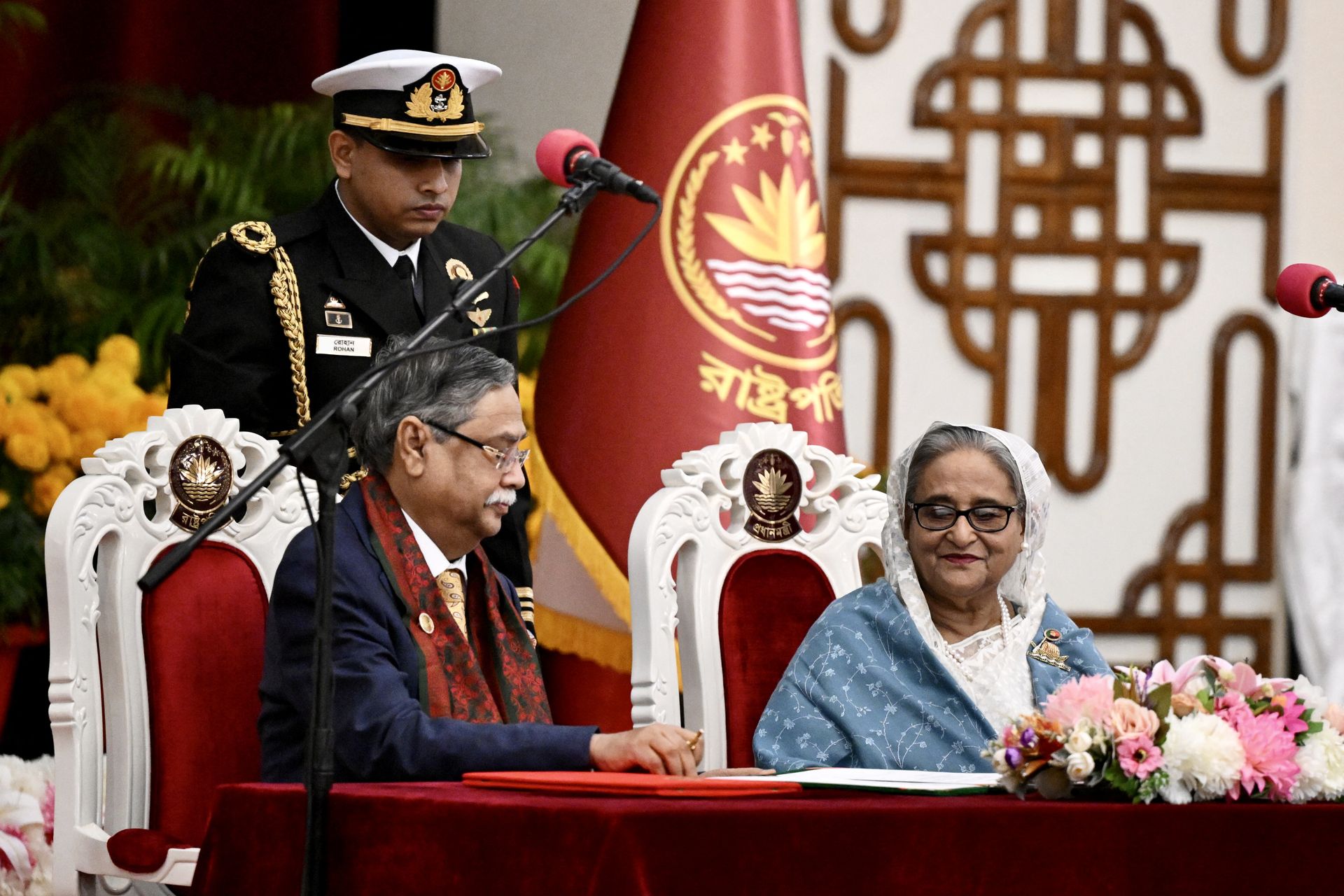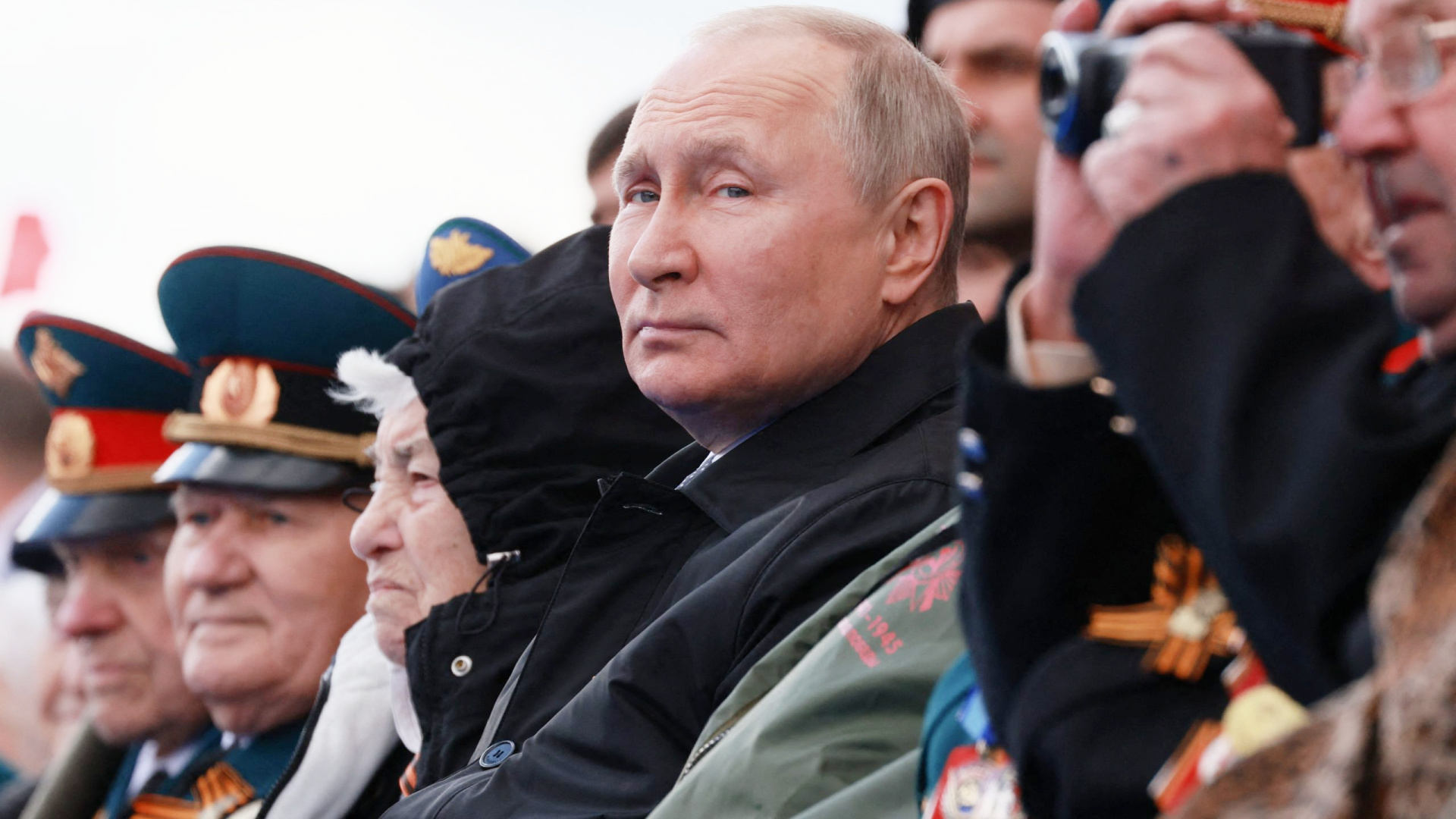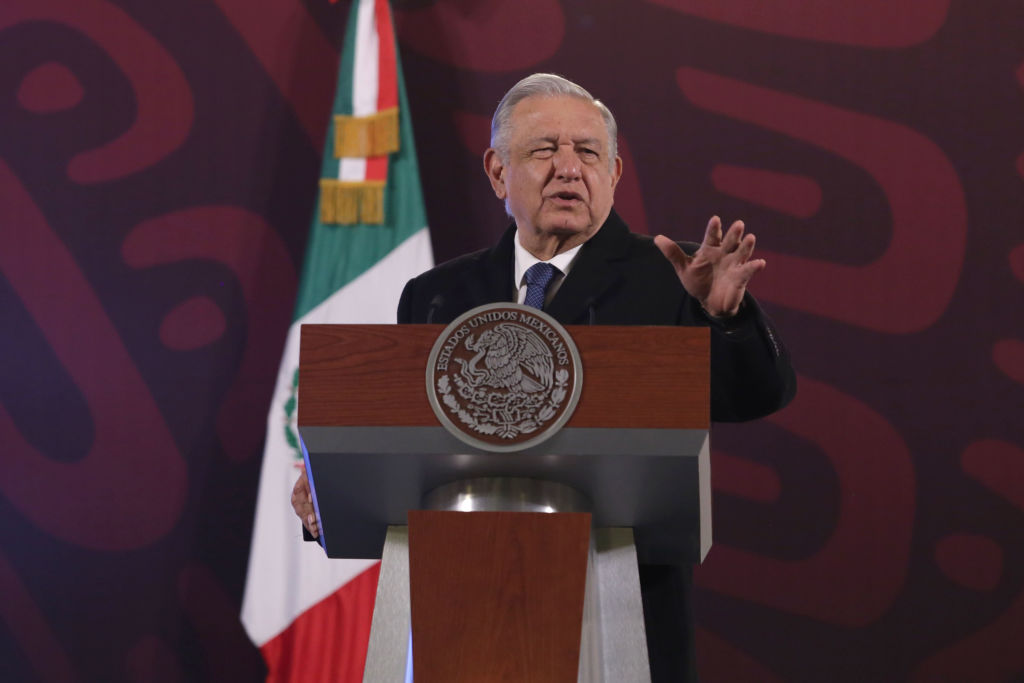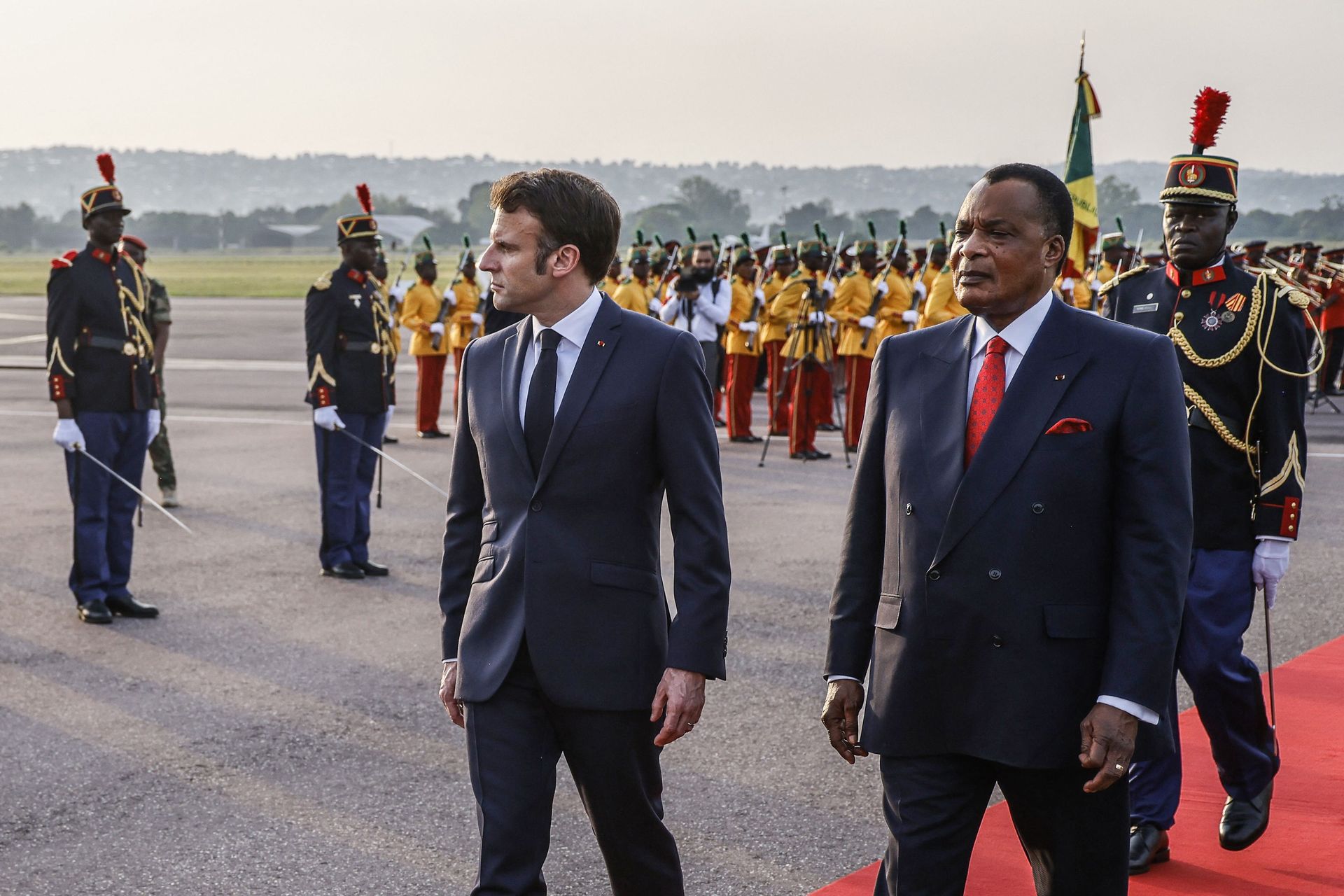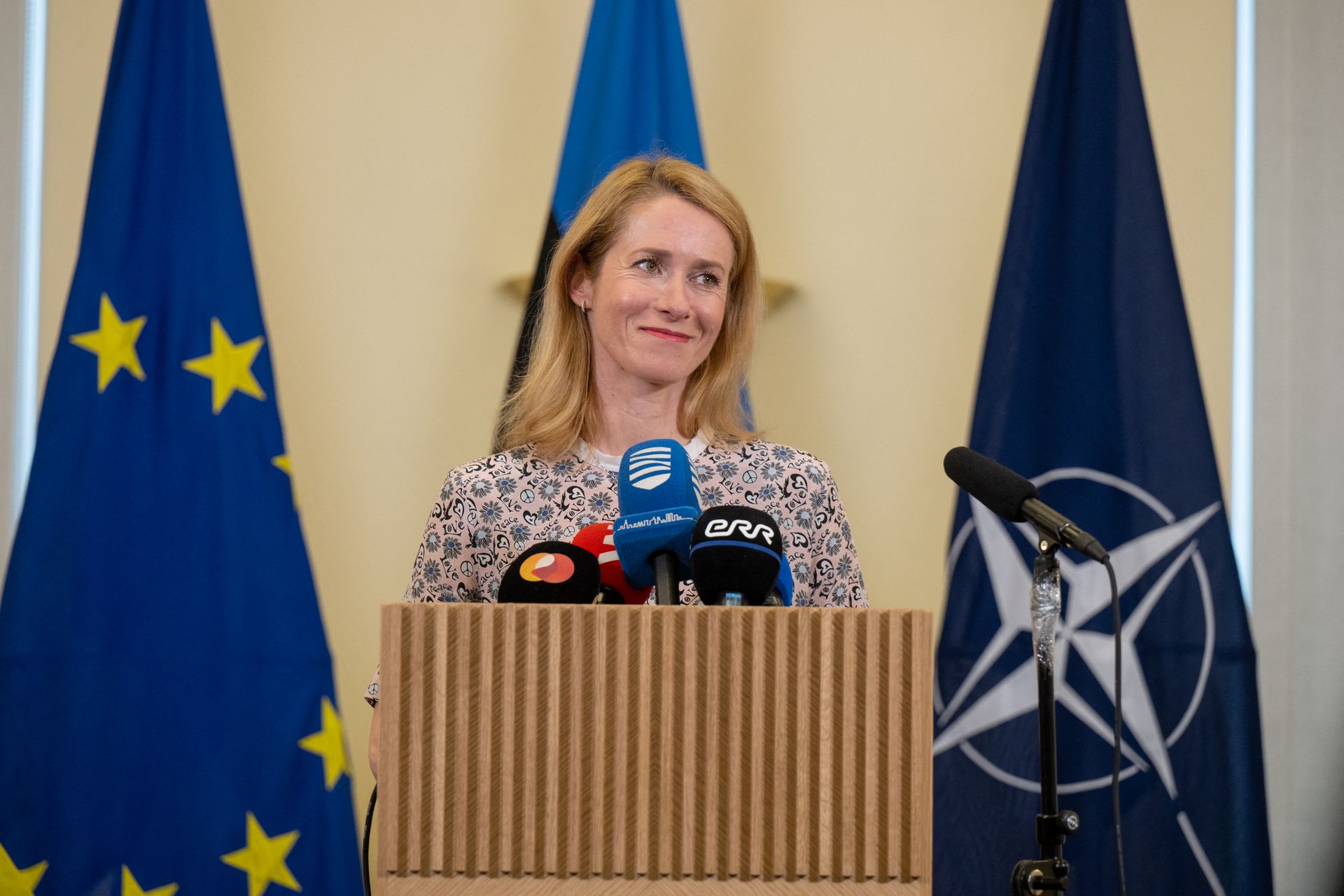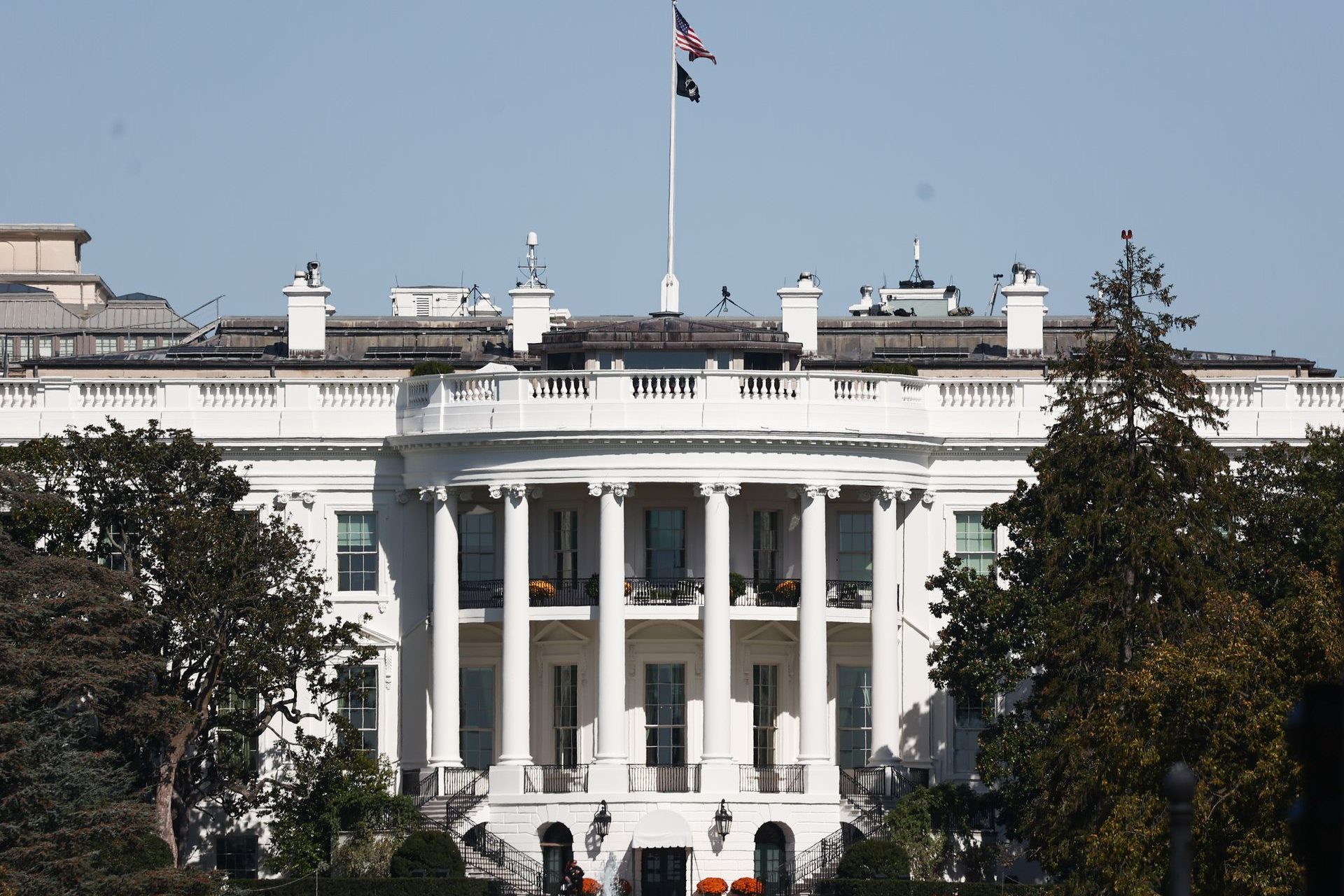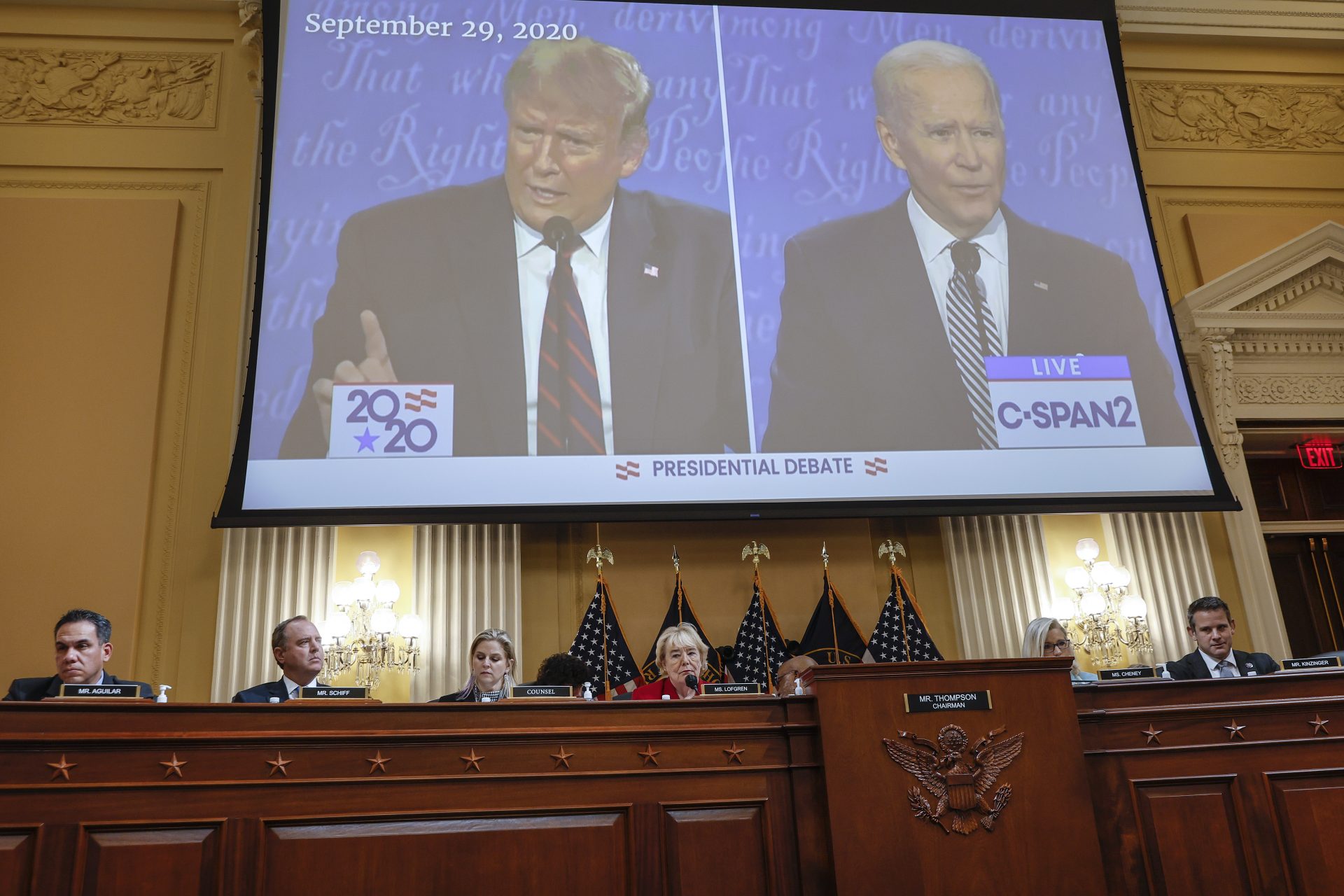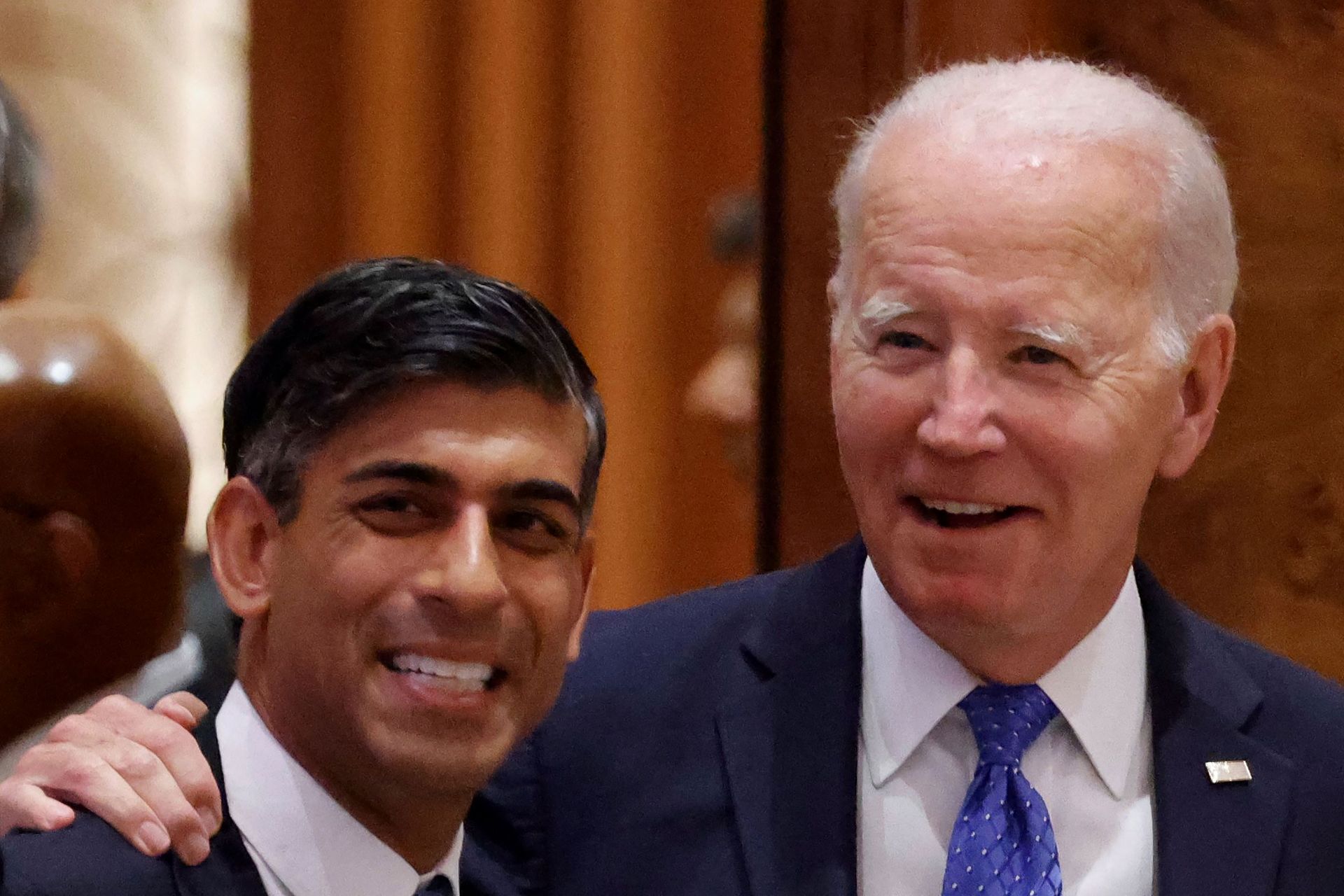World leaders are older than ever before: is this a problem?
Did you know that the leaders of nine of the ten most populous countries worldwide are now over 70 years old? This trend of aging heads of state has only increased in recent years.
With more than 1.4 billion inhabitants, India has recently become the most populous country in the world. The country is governed by Narendra Modi, 73 years old and the big favorite to obtain a third term in the next elections.
Its Chinese neighbor and rival is led by a slightly younger Xi Jinping, since the leader of the Communist Party, in office since 2012, celebrated his 70th birthday in June 2023.
US President Joe Biden, a candidate for re-election this year, will be 82 years old at the end of 2024. The oldest White House inhabitant in history shows real signs of aging, and some commentators are speculating on his cognitive decline.
Despite his regular attacks on Joe Biden's age and state of health, former President Donald Trump, is not much younger: he will be 78 years old during the November elections and 82 years old in the end of a hypothetical new presidential term.
In Indonesia, President Joko Widodo is almost a novice among his counterparts from major countries, since he is only 62 years old.
President of the Islamic Republic of Pakistan since 2018, Arif Alvi is 74 years old. But executive power is in the hands of Prime Minister Shehbaz Sharif (in the photo), who is 72 years old.
President of the Republic of Nigeria since May 2023, Bola Tinubu came to power late: he will celebrate his 72nd birthday on March 29.
Returning to business at the start of 2023 after a first stint in the 2000s, Brazilian President Luiz Inácio Lula da Silva is, at 78 years old, one of the oldest political leaders in the world.
In Bangladesh, President Mohammad Shahabuddin celebrated his 74th birthday in December 2023, while his Prime Minister, Sheikh Hasina, is two years his senior.
Russia remains one of the ten most populous countries in the world. Its leader, Vladimir Putin, is 71 years old, and speculation about his state of health was rife during the invasion of Ukraine.
Mexican President Andrés Manuel López Obrador closes the ball at the age of 70. But “AMLO” plans to hand over power during the elections which will take place this year in Mexico.
The African edition of the BBC notes a contrast between the youth of the population and the advanced age of political leaders in Africa. The British media cites the cases of Ugandan President Yoweri Museveni, in power since 1986 and who will be 80 years old this year, and Denis Sassou Nguesso (right in the photo), the President of Congo, already 80 years old and in function since 1997.
A situation that mirrors the European paradox: a continent marked by the aging of its population, Europe has many young heads of state and governments, such as Emmanuel Macron (46 years old), Rishi Sunak (43 years old), or the First Estonian minister, Kaja Kallas (46 years old).
Do older political leaders enjoy the advantage of experience and greater wisdom? Or are they, on the contrary, disconnected from current issues and subject to greater health risks? The debate remains open.
Euronews recalls that, given the advanced age of the two probable candidates for the 2024 American presidential elections, the hypothesis of an age limit or aptitude tests has been raised in the United States.
With multiple elections in major countries such as the United States, India, Mexico and the United Kingdom, the year 2024 promises to be decisive in any case. Will the coming months mark a rejuvenation of the global political elite?
More for you
Top Stories



